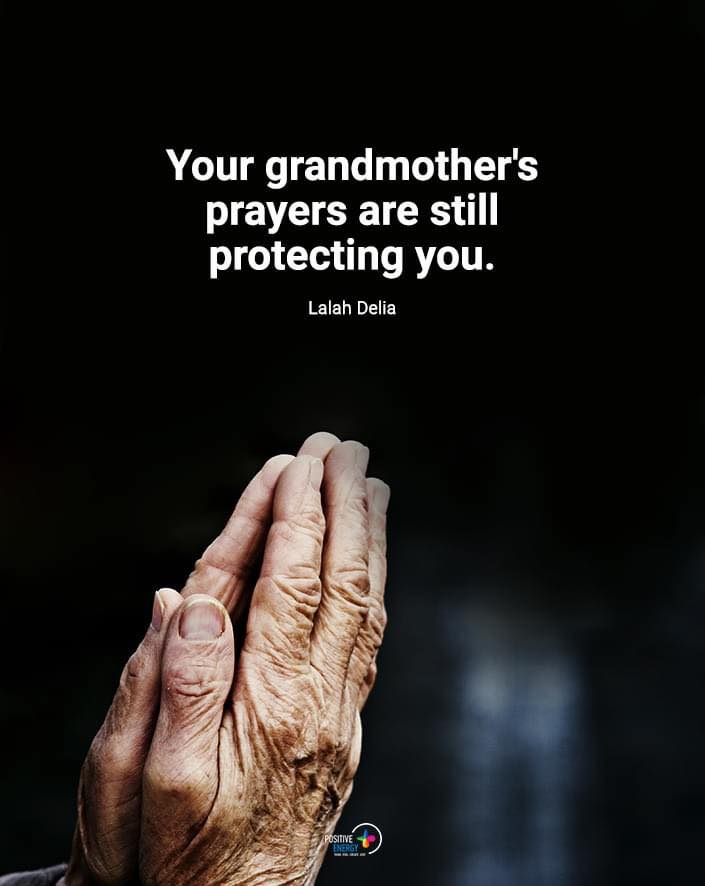As your parents age, their time on earth shortens. It’s the circle of life, whether you want to think about it or pretend it’s not happening. One way to cope with this complicated family situation is to learn what to say to elderly parents before it’s too late.
You want to take the time to tell your aging parents everything you want them to know. You’ll also want to ask questions to find out more about them before they’re gone. If you wait, you might miss the opportunity to say important things and find cherished information.
If you have a loving parent who did their best for you, take this time to be with them now. They won’t be here forever, and spending time gives you a chance to talk about the essential things. Your elderly parents want to know about your life, and you’ll want to know about theirs.
Your relationship with your elderly parents might be complicated, uncomfortable, and difficult sometimes. However, you still love them, and you’ll regret it if you don’t take the time to say what you want to. Don’t worry about bringing things up because you and your parents will be glad you did.
What to Say to Elderly Parents (or Other Family Members)
You might think you already know your elderly parents, and they know you. Despite how close you are, some things shouldn’t be left unspoken. Say how you feel and ask your parents questions so that you can cherish the answers for years to come.
1 – What is your favorite childhood memory?
This question might not seem like an essential thing to say to your elderly parents, but you’ll never forget their answer. Whatever they say is something that has stuck with them since they were little. No matter what it is, it’s a special thing to share with them.
You can find precious information in the stories of their youth. Remember to ask questions to help them remember specific details as they tell the story. It’ll be meaningful for both of you, and you’ll never regret the conversation.
2 – I just want to spend some time with you.
Your parent will love to hear that you want to be with and support them. Life gets busy, and they’ll cherish the time you spent with them when you could have been doing other things. Your elderly parents want to talk with you and be in your presence, even if you have nothing to say.
3 – Tell me about the details of your childhood and family.
Asking for the details of their childhood gives insight into who they are. This statement goes beyond asking about their favorite memory, as you’ll also learn about other experiences. Hearing about the pivotal moments in their life can help you understand why they because the person they are.
If they can’t think of anything to say, guide the conversation the way you want it to go. Consider the following topics about their childhood:
- what they like as a child
- their earliest memory
- hospital stays and injuries
- hobbies and dislikes
- favorite foods or desserts
- childhood nicknames
- what your grandparents were like
- favorite music
- role models
- first car and where they drove it
- favorite books
- what they were doing during historical events
- their dream career and why it changed or how they made it happen
- sports they enjoyed playing
These topics will likely trigger core memories, allowing your elderly parents to revisit who they were growing up. It also gives you valuable information that you’ll cherish forever.
4 – Tell your elderly parents, “I love you.”
It’s easy to walk out the door or hang up the phone without uttering these three words. However, telling your parents that you love them is essential and means more to them than you know. Once they’re gone, you’ll be glad you told them how you feel about them.
It can feel intimidating or overwhelming if you and your parents don’t usually express your love. You’ll be glad you said it, though, and you’ll regret it if you wait too long.
Some assume their parents know how they feel, which may be true. Hearing it is more meaningful, though, as it reaffirms the affection.
5 – Can you fill me in on your parenthood journey?
Learning about your parent’s parenthood journey is valuable information. Becoming a parent is hard, and it’s a big lift adjustment. Plus, everyone’s experience is different.
If you can find out about your parent’s experiences, you’ll feel closer to them than before. They were your primary caregivers, and their lives were likely much different during your earliest years. Not only will you feel closer to them, but you’ll also gain insight into your life.
If you want specific information, don’t be afraid to ask questions about their journey. Some ideas of what to discuss include:
- their favorite memory of you as a baby
- the stress they experienced balancing family and work-life
- something they would have done differently
- what they would go back and tell themselves as a new parent
- events that stood out
- what a typical day or weekend was like
- how they felt about school and sports events
- their favorite meal to cook
- a year they could relive and why
- their favorite family trip or activity
6 – I’m sorry for any time I hurt or worried you.
Everyone has hurt their parent at some point in their lives. While your parent has likely already forgiven you, hearing you say you’re sorry will still be meaningful. You’ll feel better for apologizing before your parent is gone, too, because you won’t feel like the words went unspoken.
You can apologize for many things, including:
- hurting them when you were a teen
- taking them for granted
- not calling when you said you would
- staying away when they missed you
If there’s anything that you feel slightly guilty about, make sure to tell them you’re sorry. Your parent may have forgotten some of it, but you’ll feel better getting it out.
7 – I want to tell you what happened this week.
Your elderly parent loves to hear about your life. You might not think your work projects, friendship news, dating life, or favorite show are noteworthy. However, your parent wants to know these daily details of who you are.
There are things you’ll keep private from your family, but don’t shut them out of your life. Tell them about what you’ve been up to and how you feel about things. Letting them into the inner workings of your life will make them feel wanted and valued.
8 – I am the person I am because of you.
You’re the person you are because of your parent. They shaped you and guided you every step of the way. All parents make mistakes, and those situations also helped shape you into who you are now.
You learned lessons from your parent, too. You saw their experiences and how they handled them as they went through their life. Everything they did since birth helps you become who you are, and they’ll be thrilled to hear the acknowledgment.
9 – You are so crucial to my life.
Don’t miss a chance to tell your parent how important they are to you. They won’t be around forever, and you don’t want to have any regrets. Even when you’re busy, take time out of your day to let them know how much they mean to you.
Make sure they know you appreciate their presence in your life. If you wait, you might miss the chance to say it and regret it forever. Get the words out, and it’ll make you both feel good.
10 – Thank you for…
There are plenty of things to thank your parent for. They’ve done so much for you since you were born and continue to be there along the way. If you appreciate them, make sure they know it.
Thanking them for things doesn’t mean you agree with everything they did. It only means that you appreciate them doing their best and always being there.
If you want to get specific, you can thank them for the following:
- being the parent that you needed
- the parts of your childhood you cherished
- your favorite memories
- helping you study and learn
- insisting you do the right thing
- making your favorite meals
- keeping you safe and sheltered
- fulfilling your needs
You never know when your parents won’t be here anymore, so don’t wait to thank them for all they’ve done. They don’t have to be perfect to receive appreciation.
Other Things to Talk About With Older Family Members
These aren’t the only things you should say to your elderly parents before it’s too late. There are many things to discuss, from your birth story to what your parents want. Don’t miss your chance; you will regret it after they’re gone.
Sometimes your family member wants to tell you things but doesn’t know how to say them. Don’t be afraid to bring the subjects up. Some of the things you should talk about or ask include:
- your birth story
- anything they want you to know but they haven’t told you yet
- something you don’t know about them
- details of the place they grew up
- life lessons they’ve learned but not shared
- things you forgive them for
- the kind of care they want as they age
- if there’s anything on their bucket list they haven’t accomplished
- the best advice they ever received
- what they’re most proud of
- their advice on your life problems
- social groups that they want to join or are currently in
- their mental health
Final Thoughts on Things to Say to Elderly Parents Before It’s Too Late
Talking to your elderly parents is one of the most important things you can do in life. You never know how much time you have left, and it’s best to say everything you need to. Ask the questions to which you want the answers, and make sure your parent knows you love them.
Some things shouldn’t be left unsaid, whether you’re close to your family or not. Talking to your elderly parents can help bring healing and closure, and they can help you accept the end of their life. Please don’t wait on a conversation with them because you never know when it’ll be too late.




















